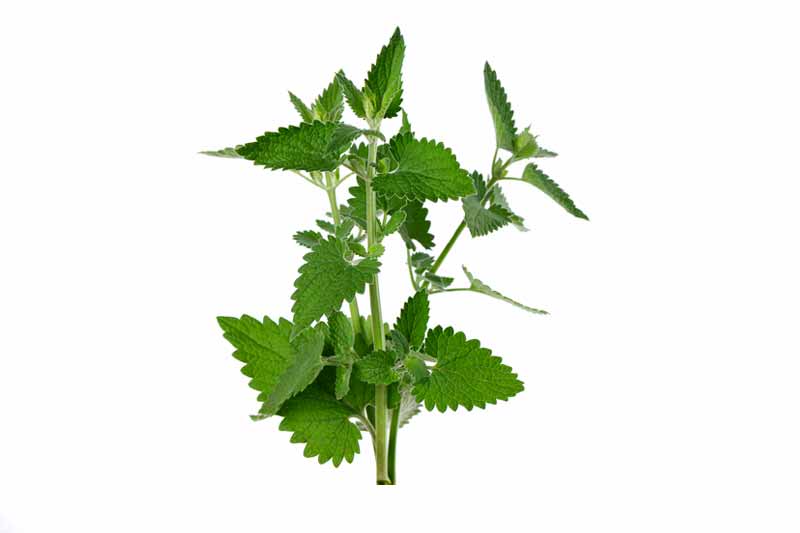Quick Facts
Botanical Name: Melissa officinalis
Family Name: Lamiaceae
Common Name: Lemon balm
Part used: Leaves and Stems
Specific Gravity: 0.880 - 0.920 at 20°C
Optical Rotation: 10 to 15
Refractive Index: 1.455 - 1.485 at 20°C
Blends well with: Roman Chamomile, Basil, Geranium
Uses: Its sedative property aids in overcoming hangover and insomnia.
This oil is added and perfume and cosmetic preparations
Countries where it's found
The plant is native to the Mediterranean region and southern Europe. The largest producers of the oil are the United States, Egypt, Italy, and Hungary.
Harvesting Information
The plant is best harvested in spring or fall season. The plant is harvested when it is still young for better yield.
History of the Plant
The plant is called as "The Elixir of Life" by Paracelsus in the 15th century. It was included by the French Carmelite nuns in tonic water during the 14th century. The word "Melissa" is the Greek word for honeybee. Arabs use the oil as a sedative and as a nerve tonic. In 1988, Europeans honored the plant as the medicinal plant of the year.

Extraction Process
The oil is extracted from leaves and stem by steam distillation. The yield is about 0.01 to 0.02 percent. The oil is pale yellow in color with a watery viscosity and has a sweet, citrus-like smell.
Commonly known Benefits
Health benefits
Traditionally the oil has been used in preparing medicines for acne, neuralgia, irritated skin, eczema, insect bites, and insect stings.
The oil's calming and relaxing properties provides relief for the entire nervous system. It soothes conditions such as nervous indigestion, nervous tension, nervous asthma, and nervousness.
Melissa oil acts as a mild tranquilizer with no side effects.
The oil is a natural nervine and relaxes the muscle when massaged onto it.
The essential oil of Melissa when applied topically provides relief from broken sleep, nightmares, dementia, agitation, irritation, and anxiety.
It helps the digestive system and offers relief from nausea, flatulence, vomiting, dyspepsia, fever, and dysentery.
The oil's tropical treatment treats cold sores.
Children with hyperactive tendencies can benefit from this oil.
Melissa oil induces sweating thereby aiding in flushing out toxins from the body. It relieves congestion, asthma, bronchitis, and cough.
The oil's antimicrobial properties help in fighting viral infections such as herpes simplex, mumps, and hay fever.
Its analgesic property alleviates muscle cramps, and spasm.
Melissa oil relieved headaches, migraines, reduce nausea, vomiting, releases stress, and tension, and relieves from morning sickness.
The oil's carminative property helps in stimulating the appetite, calms the digestive system, and relieves colic, gas, stomach aches, and indigestion.
The oil lowers blood pressure, restores equilibrium in cases such as vertigo, dizziness, and shock.
Certain studies have indicated that the oil may help with hyperthyroid conditions.
Melissa oil is used in the treatment of skin allergies such as eczema, psoriasis, inflammations, dermatitis, redness, swelling, and itchiness.
Other benefits
The oils antihistaminic property treats sting and insect bites.
The oil is added in the preparation of perfumes and cosmetics.
The oil is also used in food preparation and beverages.





